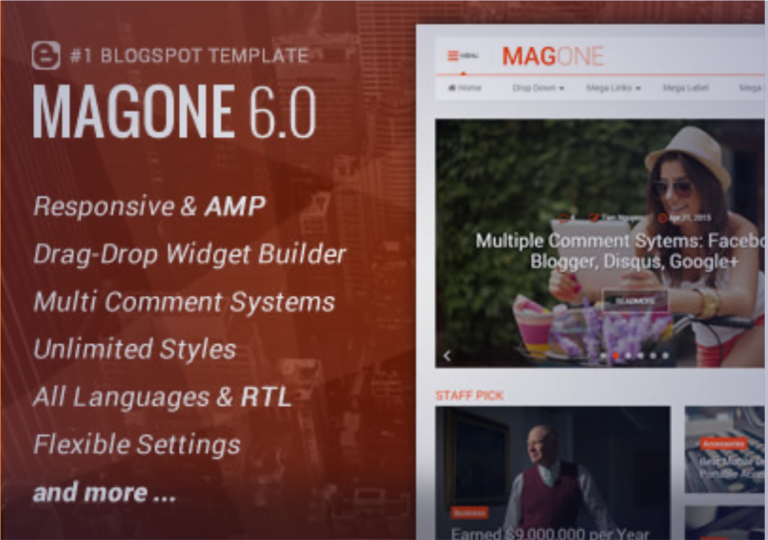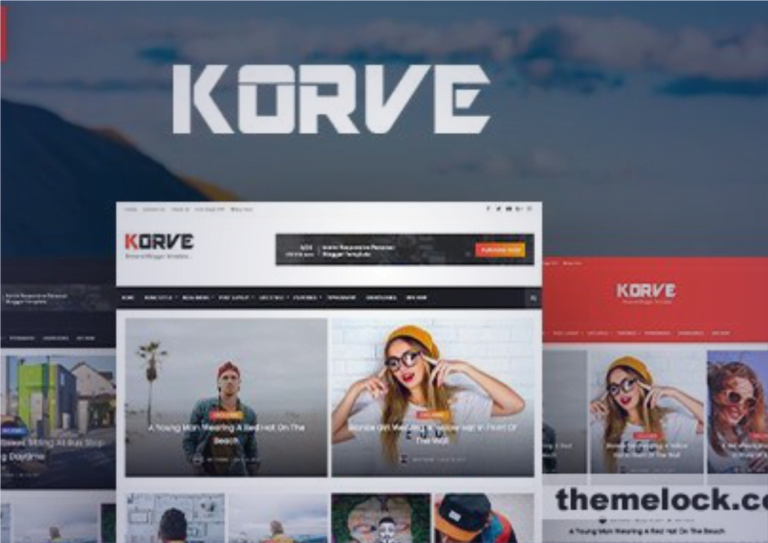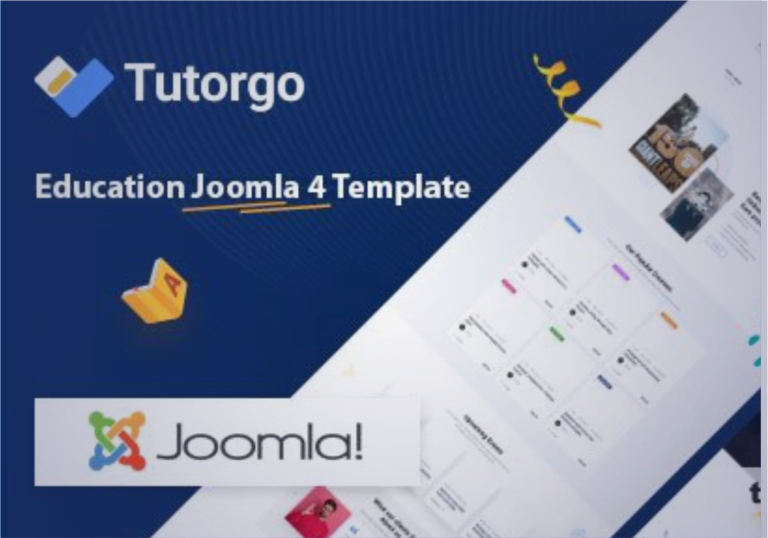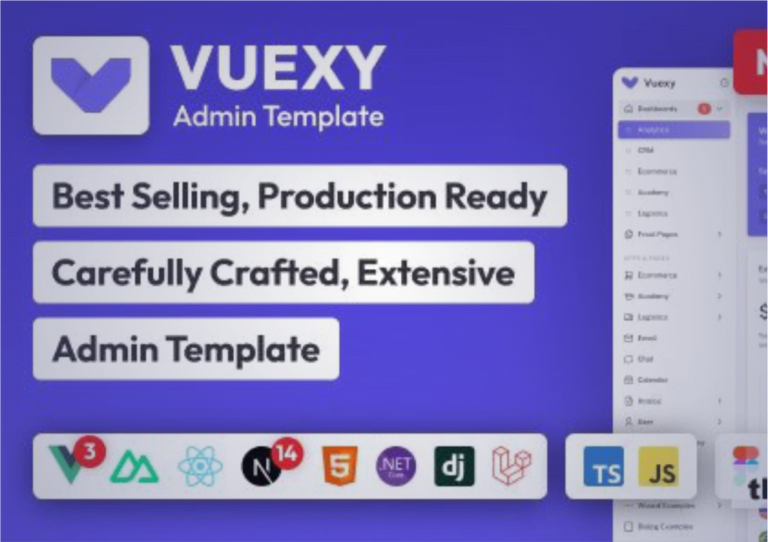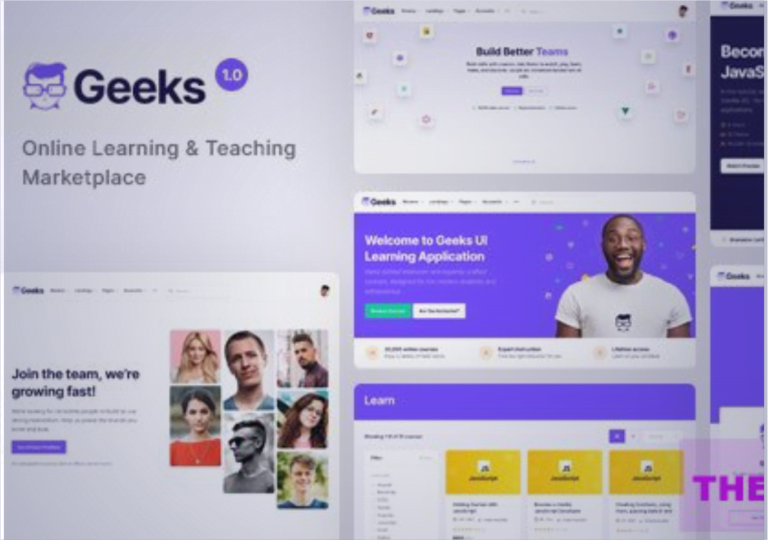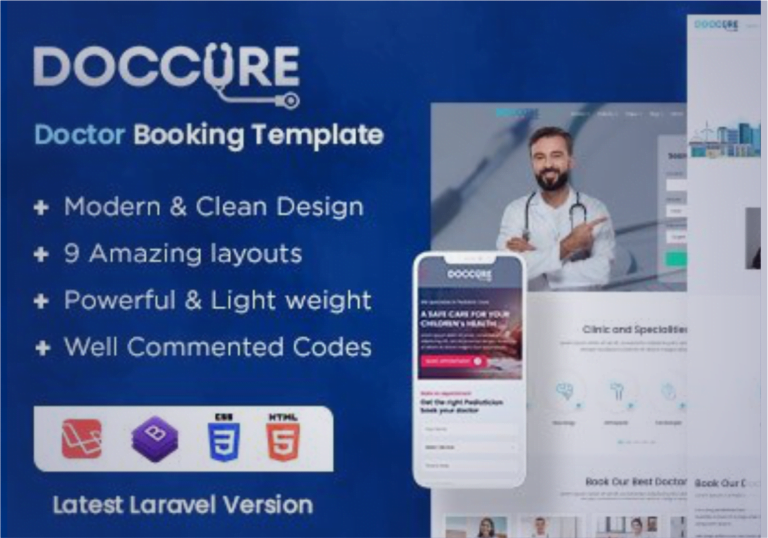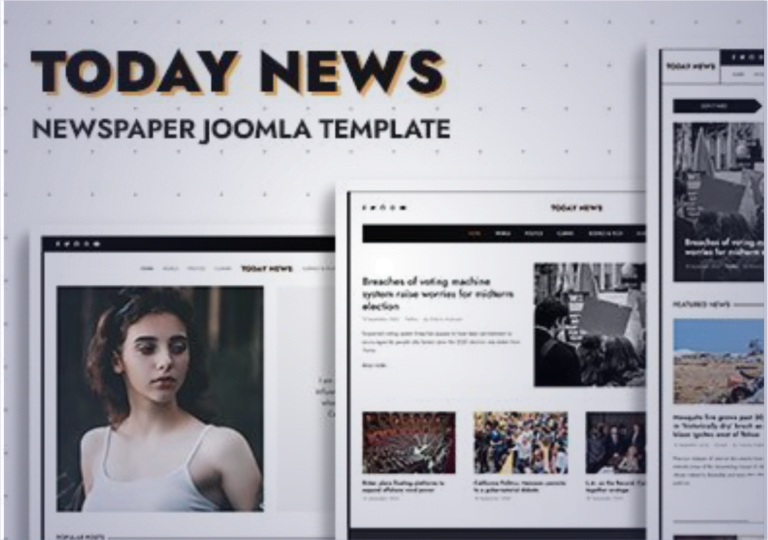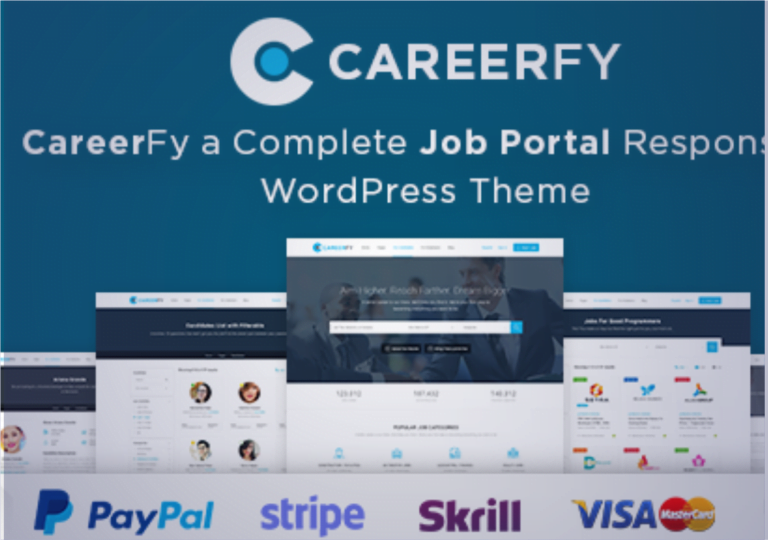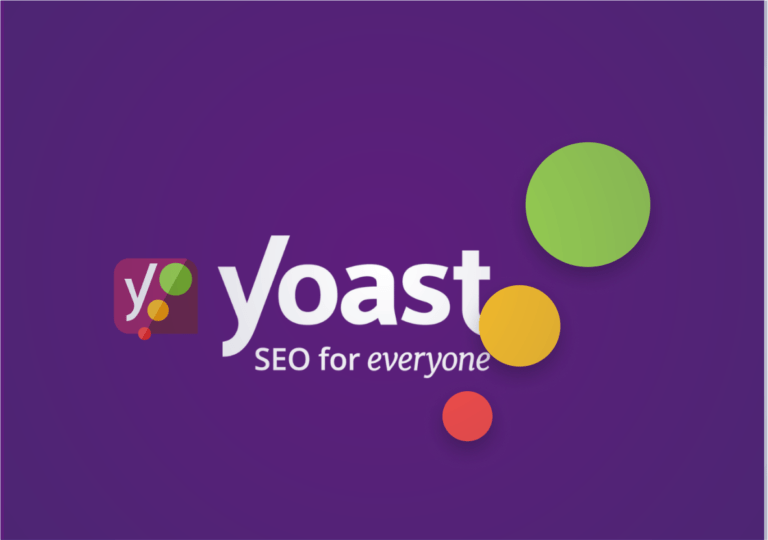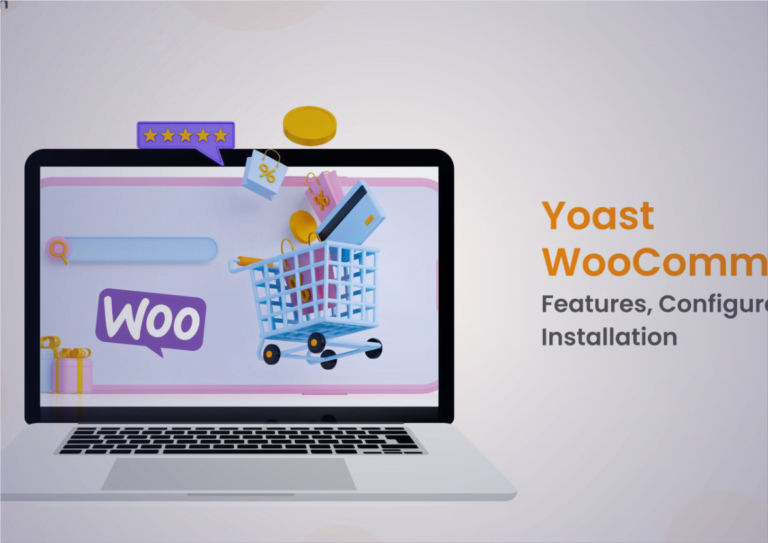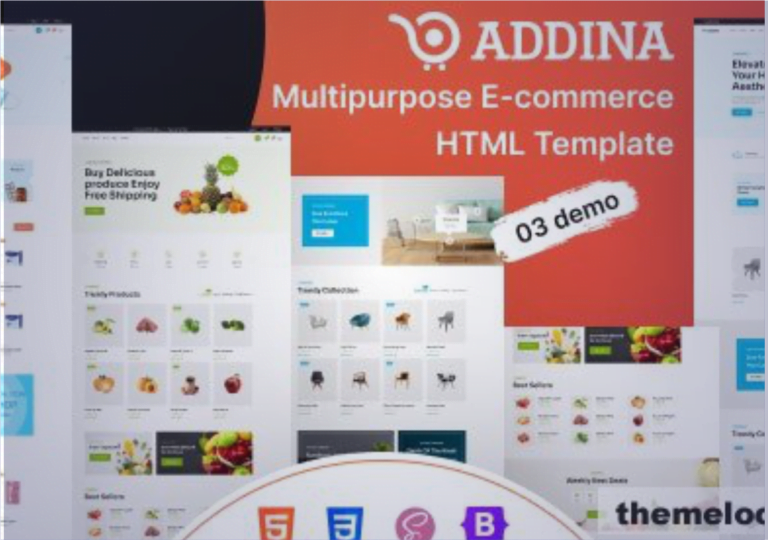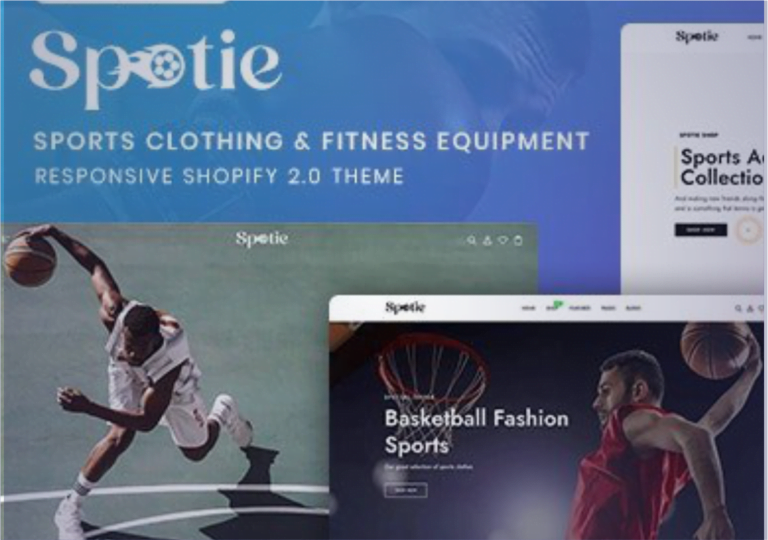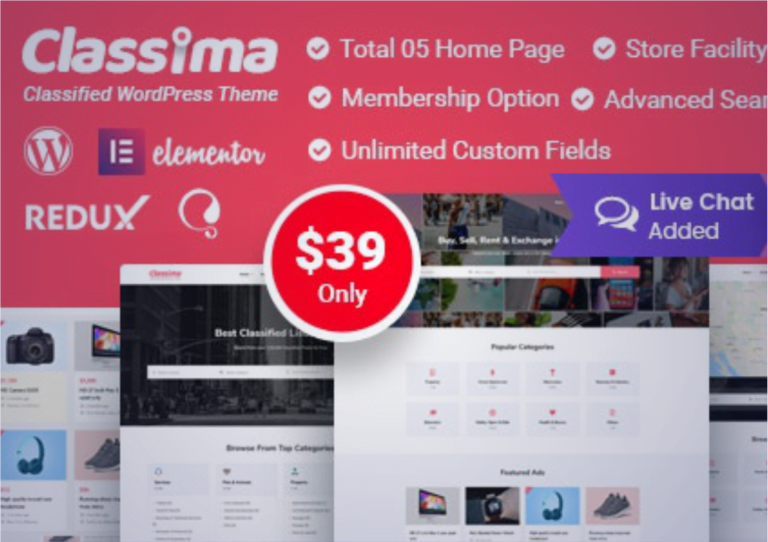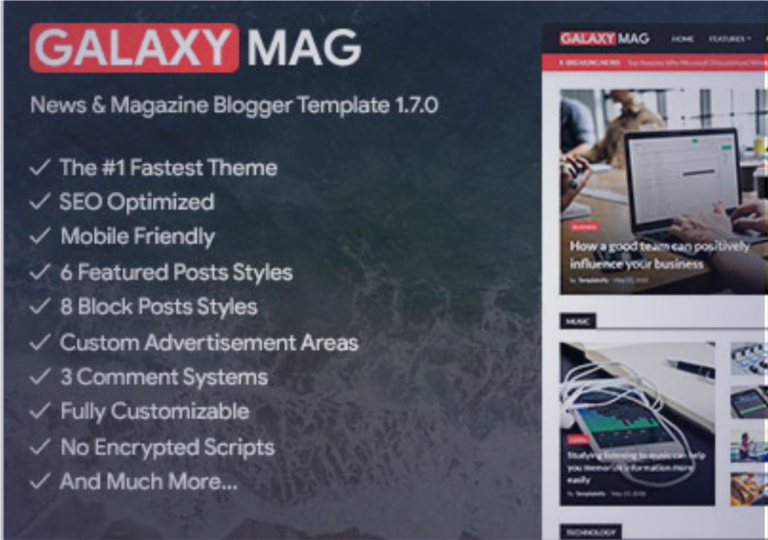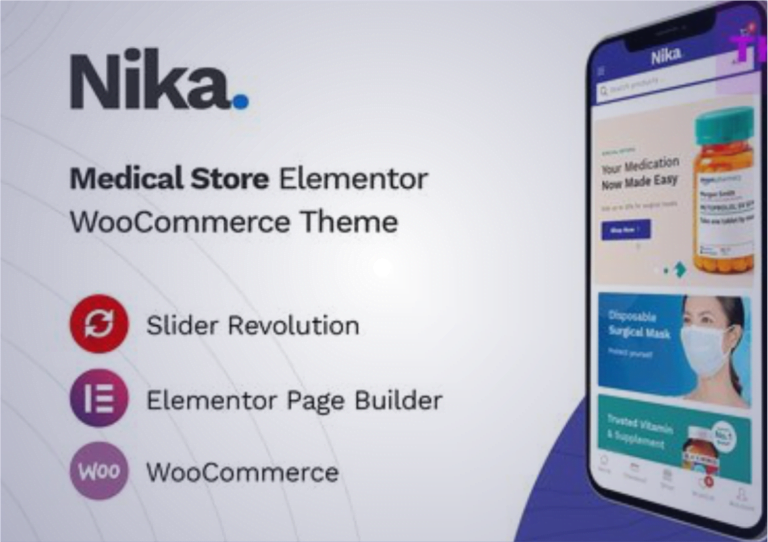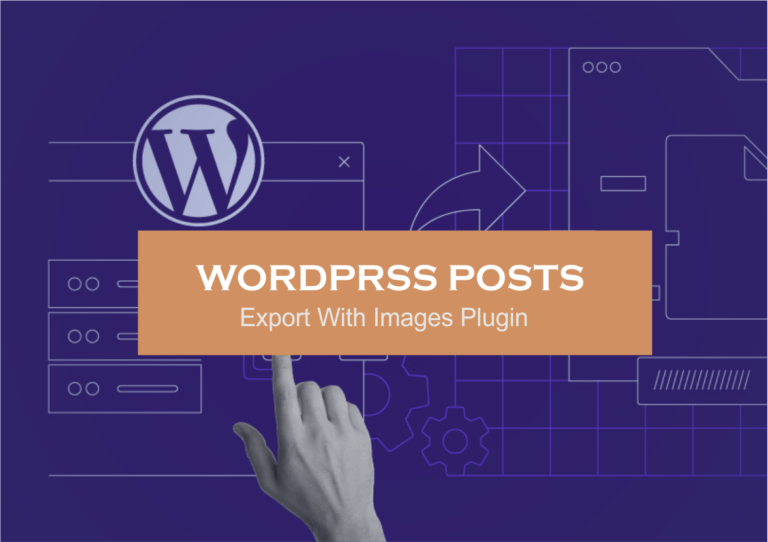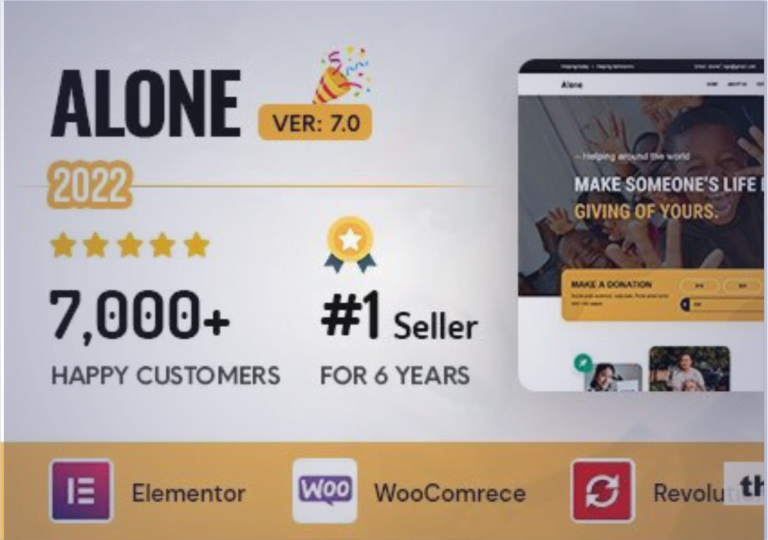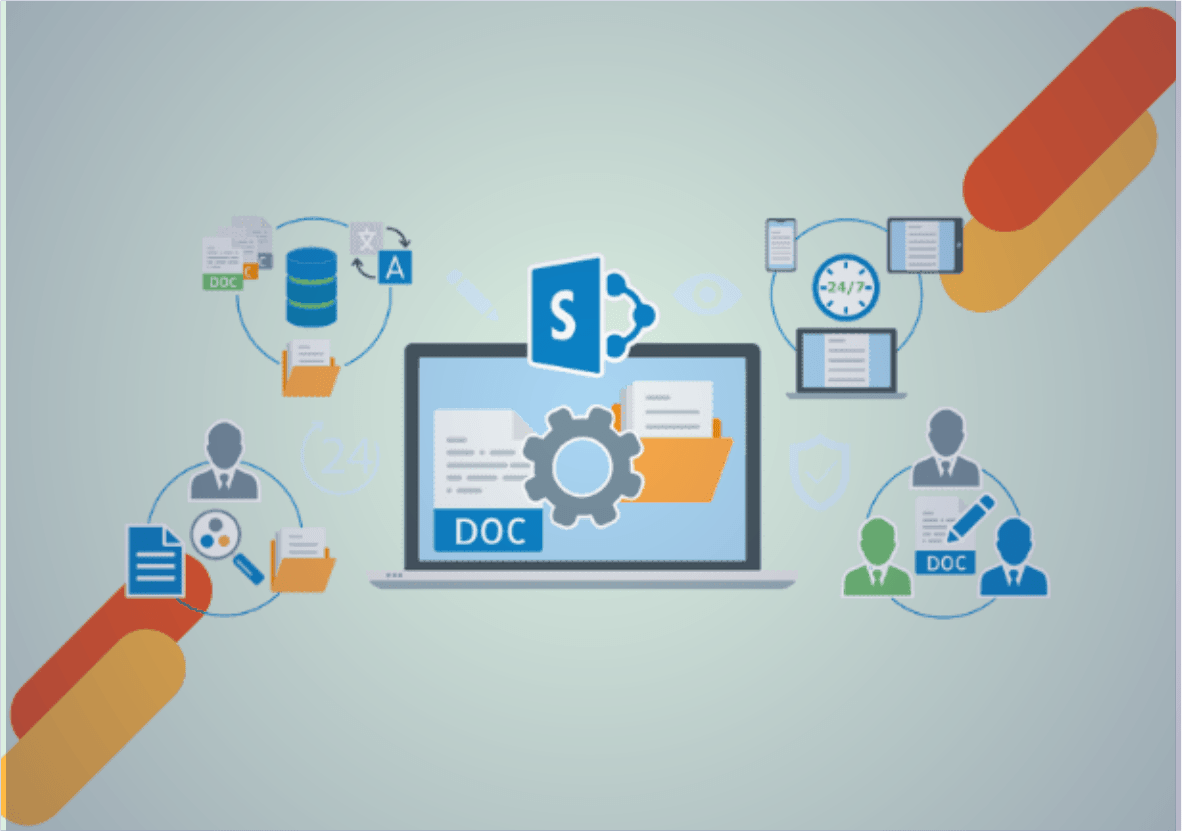Best Email Marketing Automation Software
Universities confront the difficulty of successfully connecting and interacting with potential students, alumni, funders, and other stakeholders in today’s digitally connected society. Universities may now more effectively manage connections at scale, tailor messages, and expedite communication with the help of email marketing automation.
Selecting the best email marketing automation platform is essential for institutions looking to get the most out of their outreach initiatives, since there are many different software alternatives available. Effective communication with each group necessitates individualized messages, regular updates, and strategic involvement at key points of the academic experience.
What is an Email Marketing Automation Software?
Email marketing automation software is a digital solution that helps to streamline and automate many components of email marketing campaigns. It enables businesses, organizations, and institutions to send targeted and personalized emails to their subscribers or contacts in response to predetermined triggers, actions, or criteria.
Before diving into particular software solutions, it’s critical to understand the unique needs of colleges when it comes to email marketing automation. Universities often handle a wide range of audiences, including prospective and present students, alumni, teachers, staff, and contributors. This post examines the best email marketing automation tools designed specifically with educational institutions’ needs in mind.
Key Features of Email Marketing Automation Software
In essence, email marketing automation software creates automated workflows to take the place of manual operations, saving time and money by minimizing the need for human interaction. These systems often provide a number of tools and capabilities that let users efficiently plan, carry out, and monitor email campaigns. Email marketing automation software’s salient characteristics comprise:

- Automated Campaigns: Users can set up automated email campaigns triggered by specific actions or events, such as a subscriber joining a mailing list, completing a purchase, or abandoning a cart.
- Segmentation and Personalization: Email marketing automation software allows users to segment their contact lists based on demographics, behaviors, interests, or engagement levels. This segmentation enables personalized email content tailored to the preferences of different audience segments.
- Email Templates: Most platforms provide a library of customizable email templates, making it easy for users to create visually appealing and professional-looking emails without the need for design expertise.
- Workflow Automation: Users can create automated workflows or sequences that dictate the timing and content of emails sent to subscribers at different stages of the customer journey. Workflows can include welcome emails, drip campaigns, follow-up emails, and more.
- Analytics and Reporting: Email marketing automation software offers robust analytics tools that provide insights into email performance, engagement metrics, conversion rates, and other key performance indicators. This data helps users track the effectiveness of their campaigns and make data-driven decisions to optimize future efforts.
- Integration Capabilities: Many email marketing automation platforms integrate with other software systems such as Customer Relationship Management (CRM) platforms, e-commerce platforms, and content management systems. This integration enables seamless data synchronization and enhances workflow efficiency.
- A/B Testing: A/B testing, also known as split testing, allows users to experiment with different elements of their email campaigns, such as subject lines, content, images, and calls-to-action. By comparing the performance of different variations, users can identify which elements resonate best with their audience and optimize future campaigns accordingly.
Top Email Marketing Automation Software for Universities
Email Marketing Automation Software helps companies send out more timely, relevant, and targeted emails, which in turn generates leads, increases engagement, and helps them accomplish their marketing goals. Some essential Email Marketing Automation Software for universities are as follows:
1. HubSpot
Leading provider of CRM (customer relationship management) software, sales, and inbound marketing is HubSpot. HubSpot, which was founded in 2006 by Brian Halligan and Dharmesh Shah, has developed into an all-inclusive platform that provides a variety of tools and solutions to assist businesses in drawing in, interacting with, and satisfying their clientele. For colleges looking to improve their outreach, HubSpot provides an extensive toolkit of marketing automation solutions.
HubSpot’s robust capabilities and user-friendly interface let colleges efficiently measure engagement data, automate workflows, and design tailored campaigns. HubSpot is well-known for its inbound marketing approach, which eschews traditional outbound marketing strategies in favor of producing insightful content that draws in and engages new clients.

Content production, search engine optimization (SEO), social media marketing, email marketing, and analytics are just a few of the inbound marketing-related features that the platform provides. The Marketing Hub, one of HubSpot’s core products, offers a single platform for managing all facet of a business’s marketing initiatives. Among the Marketing Hub’s primary attributes are:
- Content Management: HubSpot allows users to create, edit, and publish content such as blog posts, landing pages, and website pages directly within the platform. It also provides tools for optimizing content for search engines and tracking performance.
- Email Marketing: HubSpot’s email marketing tools enable users to create and send personalized email campaigns, automate email sequences, and track engagement metrics such as open rates, click-through rates, and conversions.
- Marketing Automation: HubSpot’s workflow automation capabilities allow users to automate repetitive marketing tasks, such as lead nurturing, segmentation, and lead scoring. Workflows can be triggered by specific actions or events, such as form submissions or website visits.
- Lead Generation and Management: HubSpot helps businesses capture leads through forms, pop-up forms, and live chat, and provides tools for managing and nurturing leads throughout the sales funnel. The platform also offers lead scoring functionality to prioritize high-value leads.
- Analytics and Reporting: HubSpot provides robust analytics tools that allow users to track the performance of their marketing campaigns, measure ROI, and identify areas for improvement. Users can create custom reports and dashboards to visualize data and share insights with stakeholders.
2. Mailchimp
Mailchimp is a widely used email marketing platform that allows businesses, organizations, and individuals to develop, distribute, and monitor email campaigns. Mailchimp, founded in 2001 by Ben Chestnut and Dan Kurzius, has grown from a simple email marketing service to a full marketing platform with a variety of tools and capabilities to assist all elements of digital marketing.
Mailchimp is well-known for its user-friendly design, customizable capabilities, and scalability, making it appropriate for organizations of all sizes and sectors. Whether you’re a small company owner hoping to engage your target audience or a marketing expert looking to improve your email marketing strategy, Mailchimp has the tools and information you need to succeed.
Mailchimp, known for its user-friendly design and sophisticated automation features, is a popular choice among institutions trying to improve their email marketing efforts. Mailchimp’s capabilities, like audience segmentation, tailored suggestions, and A/B testing, enable colleges to offer relevant and engaging content to their stakeholders. The key features include:

- Email Campaigns: Mailchimp provides a user-friendly interface for designing and sending email campaigns. Users can choose from a variety of customizable templates or create their own designs using the drag-and-drop editor. Campaigns can be targeted to specific audience segments and scheduled for optimal delivery times.
- Audience Management: Mailchimp offers robust audience management tools, allowing users to import and organize their contact lists, segment subscribers based on criteria such as demographics and engagement history, and manage subscriber preferences and consent settings.
- Automation: Mailchimp’s automation features enable users to set up automated email sequences triggered by specific actions or events, such as new subscriber sign-ups, website visits, or e-commerce transactions. Automated workflows can be used for welcome emails, abandoned cart reminders, follow-up sequences, and more.
- Personalization: Mailchimp enables users to personalize their email campaigns by inserting dynamic content blocks, merge tags, and personalized recommendations based on subscriber data. Personalized content helps increase engagement and drive conversions.
- Analytics and Reporting: Mailchimp provides comprehensive analytics tools that allow users to track the performance of their email campaigns in real-time. Users can monitor metrics such as open rates, click-through rates, conversion rates, and revenue generated, and gain valuable insights into subscriber behavior and preferences.
- Integration: Mailchimp integrates with a wide range of third-party applications and platforms, including e-commerce platforms, CRM systems, content management systems, and social media platforms. Integration capabilities enable users to sync data, automate workflows, and leverage additional tools and resources to enhance their marketing efforts.
- Testing and Optimization: Mailchimp offers A/B testing functionality, allowing users to experiment with different elements of their email campaigns, such as subject lines, sender names, content, and send times. Testing helps users identify what resonates best with their audience and optimize future campaigns for better results.
3. Constant Contact
Constant Contact is a popular email marketing platform that allows corporations, non-profits, and other organizations to build, send, and track email campaigns. Constant Contact, founded in 1995, has established itself as a reliable provider of email marketing solutions, offering a variety of features and tools to help with many elements of digital marketing.
Constant Contact is well-known for its user-friendliness, configurable templates, and comprehensive functionality, making it ideal for businesses and organizations of all sizes and sectors. Whether you’re a small company owner hoping to expand your audience or a nonprofit organization looking to connect with supporters, Constant Contact has the tools and resources you need to succeed with email marketing.
Constant Contact is a popular email marketing platform due to its ease of use, dependability, and huge library of customisable templates. Constant Contact’s capabilities include automatic welcome emails, event registration forms, and social media integration, allowing colleges to efficiently communicate with their audiences. The key features include:
- Email Campaigns: Constant Contact offers a user-friendly interface for designing and sending email campaigns. Users can choose from a library of customizable templates or create their own designs using the drag-and-drop editor. Campaigns can be targeted to specific audience segments and scheduled for optimal delivery times.
- Contact Management: Constant Contact provides tools for managing and organizing contact lists. Users can import contacts from various sources, segment subscribers based on criteria such as demographics and engagement history, and manage subscriber preferences and permissions.
- Automation: Constant Contact’s automation features enable users to set up automated email sequences triggered by specific actions or events, such as new subscriber sign-ups, birthdays, or anniversaries. Automated workflows can be used for welcome emails, follow-up sequences, and more.
- Event Marketing: Constant Contact offers event marketing tools that allow users to promote events, manage registrations, and send event-related emails such as invitations, reminders, and confirmations. Integration with popular event management platforms streamlines the process of promoting and managing events.
- Surveys and Polls: Constant Contact includes survey and poll features that enable users to gather feedback from their subscribers and contacts. Users can create custom surveys and polls, collect responses, and analyze results to gain insights into subscriber preferences and opinions.
- Social Media Integration: Constant Contact integrates with popular social media platforms, allowing users to extend their reach beyond email by sharing campaigns on social media channels. Social sharing features enable users to amplify their messages and engage with their audience across multiple channels.
- Analytics and Reporting: Constant Contact provides robust analytics tools that allow users to track the performance of their email campaigns in real-time. Users can monitor metrics such as open rates, click-through rates, bounce rates, and unsubscribes, and gain insights into subscriber engagement and behavior.
Conclusion
Universities may improve their outreach, interact with a variety of stakeholders, and accomplish their strategic goals with the use of email marketing automation software. Universities may tailor messages, expedite communication workflows, and cultivate deep connections with donors, prospective students, alumni, and other stakeholders by utilizing the appropriate email marketing automation software.
Whether it’s ActiveCampaign, Mailchimp, HubSpot, or Constant Contact, each of these software programs offers special features and capabilities made to meet the demands of higher education, enabling them to seize new chances for engagement and development.


